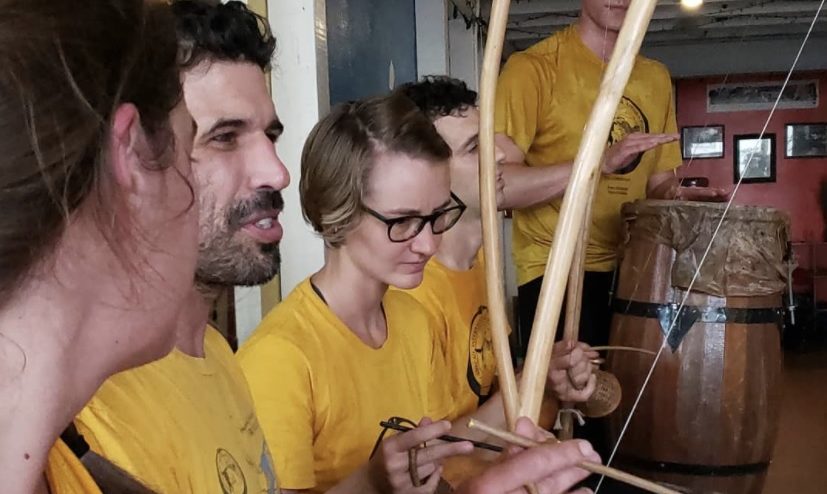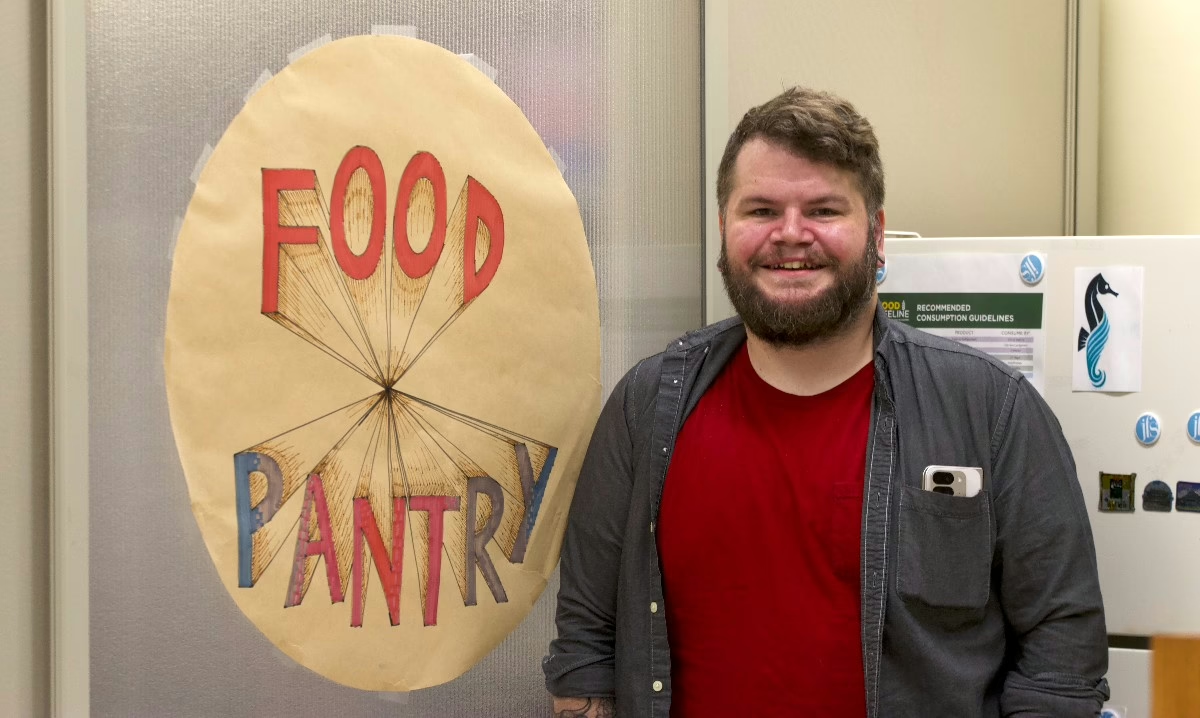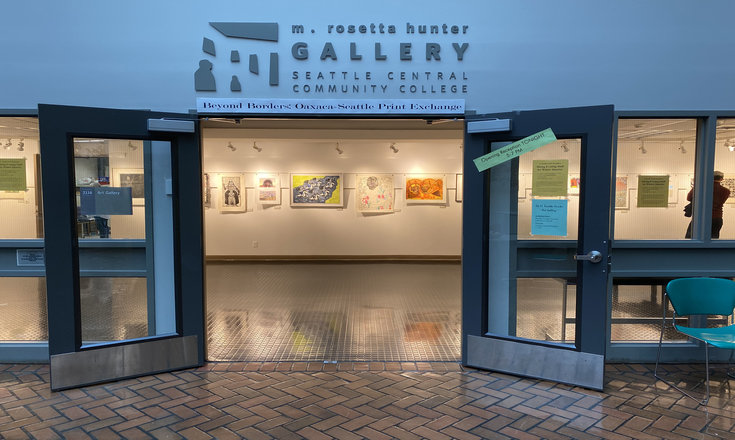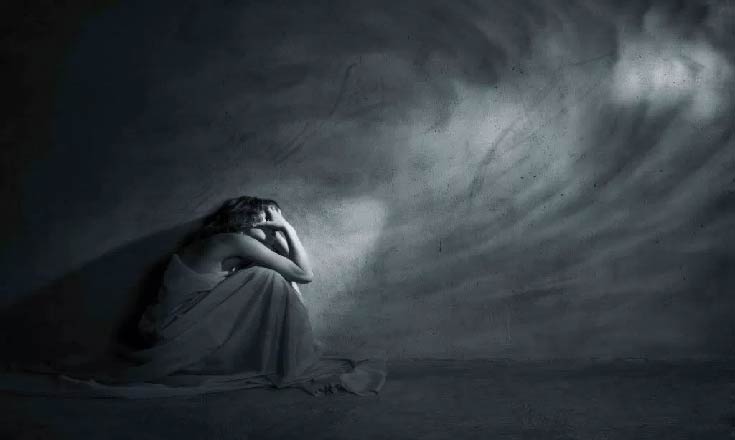Enter the Roda: Capoeira and the circle of life
Have you ever heard of Capoeira? Mestre Silvio dos Reis of Union Cultural Center (UCC) explains “Capoeira is an Afro-Brazilian martial art with elements of dance and musicality. It emerged in Brazil during the slavery system era as a way for Blacks and Africans to free themselves from oppression.” The practice began in the 1500s when Portuguese colonists took millions of Africans to Brazil to be enslaved on sugarcane, tobacco, cotton, and coffee plantations. As an escape to the harsh reality they faced, the slaves began to train their corporal agility, giving life to the modality that survives until today.
Reis is Mestre in Capoeira, which is the highest recognized position in Capoeira. He has been promoting Capoeira in Seattle since 2004 at UCC, located in the International District.
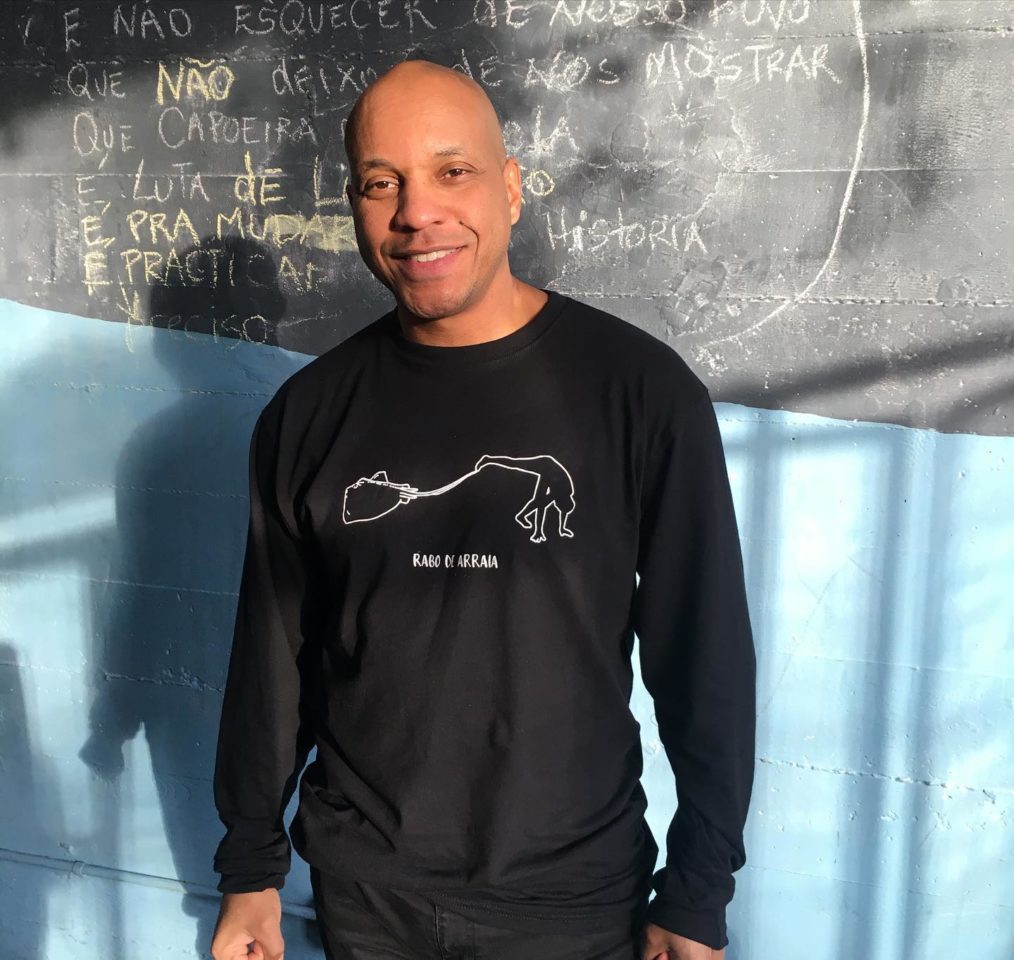
Can you imagine a martial art with music and dance in which everyone wins? Capoeira is like that. “It is a cultural manifestation, a martial art. It’s not a sport. It is not competitive, it is inclusive. There are times of ups and downs in the game, but that doesn’t mean you’ve lost or won. It gives you a circular view of events, the circle of life. Sometimes you think you are at an advantage and sometimes at a disadvantage. There is no score. It’s like life,” Reis said.
Enter the Roda
In a Roda (a large circle of people,) some play musical instruments like the Berimbau(musical bow), Pandeiro(Tambourine), Agogô(African bell), Reco-reco, and the Atabaque(drum) – and sing Capoeira songs while a duo goes to the center and starts the game with punches, acrobatics, and dance moves. It is at this moment that the”Ginga” is put into practice, an expression that means the Capoeirista’s (person who practices Capoeira) movement to deceive the opponent, in attack or defense.
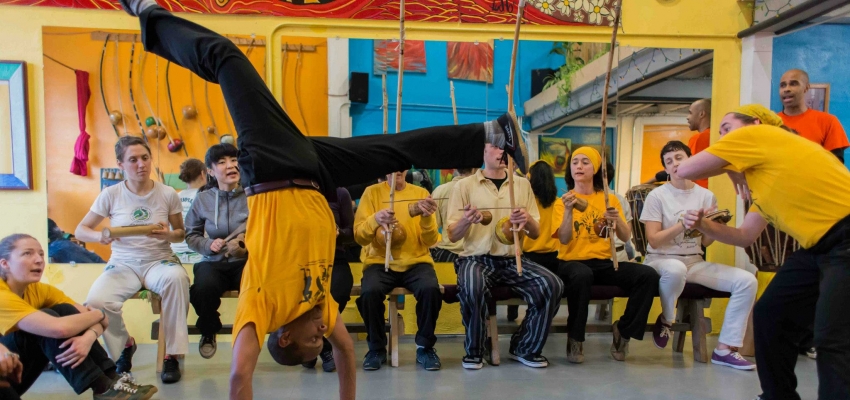
Capoeira cannot be enjoyed by yourself. It is a community expression. And this is taken seriously and preserved. The sense of community is very strong and is considered one of the most outstanding characteristics of the martial art. “There is the formation of a community. It’s cooperative work. We are all together supporting each other,” adds Reis. Despite the activity being in a group, the Capoeirista embarks on an individual experience of learning the basic elements of movements, musicality, singing, philosophy, and history. With this the Capoeirista sees the world through these elements. “You start questioning yourself and questioning the world. Capoeira causes a personal and social transformation. The mental part overlaps the physical part. You start to think and see the world in a different way,” comments Reis.
Brain activity is strongly stimulated. You do more than one activity at a time. Your brain doesn’t stop, but at the same time, the mind calms down and you disconnect from everything to live that moment, full of vital energy.
Physically, Capoeira works every muscle in the body, proving to be a challenging art. Physical limitations are not a problem though, as the modality will always be adapted to the person joining. Teachers will always understand how your body works and guide you according to what each one’s capabilities. “Capoeira is for everyone, and everyone is for Capoeira,” says Reis.
Capoeira is a way to improve psychomotor conditions, reflexes, and posture. In addition to activate body and blood circulation. It also helps with emotional balance and well- being. More than that, it is a way to open one’s mind to the world, to challenge oneself and to revere Black culture.
A Brazilian ESL student at Seattle Central College, Miguel Costa, is a Capoeira fan. He has been practicing Capoeira since he learned how to walk. “Capoeira is my life. It’s a safe haven. It’s where I really get to be who I am. Capoeira is always in the main plans of my life. It’s a revival for the black race and it’s been my salvation in every way,” he says. If you are curious and want to experience the full power of Capoeira in your skin, the Union Cultural Center has Capoeira classes every week. The musicality is energetic and engaging. You need to live this experience at least once in your life. Anyone who wants to join the Roda can visit the studio at 803 S. King St. For more information, please visit: http://www.unionculturalcenter.org/

